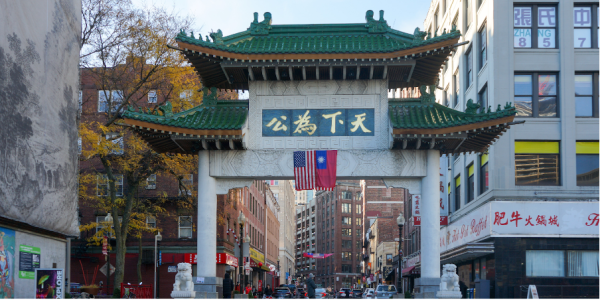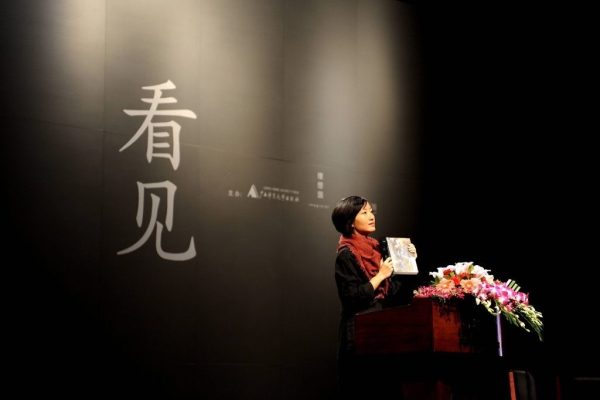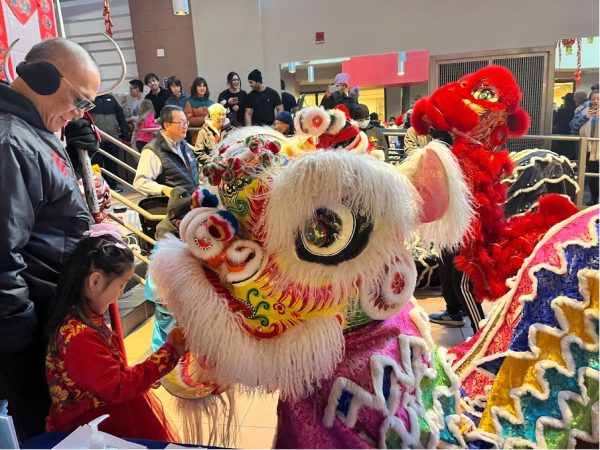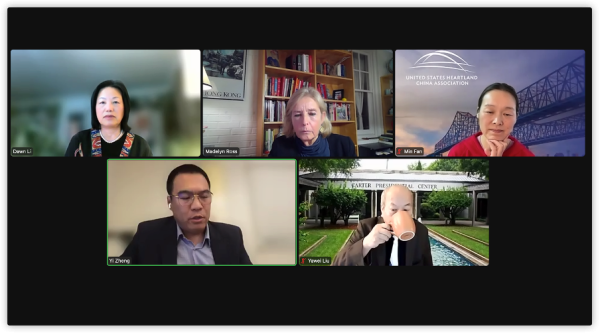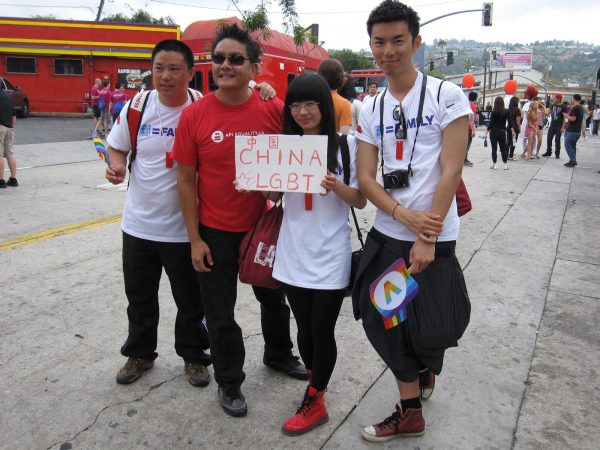Film Review: Marry My Dead Body – A Humorous Take on Tradition and Transformation
Marry My Dead Body
June 19, 2023
As the most popular local movie in Taiwan this year, the comedy-mystery film “Marry My Dead Body” has become the seventh highest-grossing Taiwanese film of all time in the region.
Since same-sex marriage became legal in 2019, the film sets this as background while humorously dismantling what is considered a feudal tradition – ghost marriage.
Ghost marriage, a marriage in which one or both parties are deceased is a tradition in several cultures. This form of marriage is widely believed to exist in Chinese communities, especially in rural areas; Including some provinces in northern and western China, Chinese communities in South East Asia, and Taiwan.
This custom of ghost marriage is often considered egregious and has spawned a large corpses market, driving criminals to kidnap and murder women, raid tombs, and morgues and steal and traffic corpses.
This feudal tradition is dismantled in a humorous way in this film. Mao Pang-yu (Austin Lin) died in an accident unjustly while he was discussing marriage with his ex-boyfriend. As the tradition goes, his grandmother, worried that his spirit would become lonely, cuts a lock of his hair, put it in the red packet, and waits for someone to pick it up. She looks happy for her grandson when she sees a handsome man picking up the red packet.
A homophobic straight policeman Wu Ming-han (Greg Hsu) mistakenly picks up the red envelope, concluding the ghost marriage contract with Mao Pang-yu who died in a car accident.
This is the first dramatic conflict in the film. Ghost marriage is a tradition that has been rooted in the Chinese community for 3,000 years, while the Taiwanese authorities just approved a same-sex marriage bill in 2019.
The film also shows how Wu Ming-han’s arc in terms of the transformation of his ideals. At the beginning of the film, he is shown to be a homophobe and a toxic masculine police officer who lacks respect for female police officers. After he concludes the ghost marriage contract with Mao Pang-yu, he finds that he can see Mao Pang-yu’s ghost.
When he realizes that he cannot get rid of the ghost, he agrees to join the ghost of Mao Pang-yu to find his murderer. In order to fulfill Mao’s last wish, he goes to find Mao’s ex-boyfriend. But he found that Mao’s ex-boyfriend had already cheated on Mao for a long time. This incident helps Wu understand Mao’s insistence on marriage: For the first time since same-sex marriage became legal, Mao found it can be possible for gay couples to have a lifelong commitment, unlike in the past when their relationships were limited to temporary enjoyment. In the process, he gradually transforms his view of the LGBTQ+ community. At the beginning of the film, Wu starts calling Mao a “faggot” (in Chinese, it literally translates to “deceased gay person” to express contempt for gay), but at the end, Wu calls Mao “hubby.” Wu learns how to love without prejudice or bias while spending time with Mao.
The characters in the film start out with the stereotype labels: “faggot” gay Mao Pang-yu, homophobic macho policeman Wu Ming-han, policewoman Lin Tzu-ching who was considered to be only “decoration,” and Mao Pang-yu’s conservative father. But they finally tore off these labels one by one. The stinking straight man also has a warm side; “faggot” is not as unpleasant as the outside world thinks; the beautiful policewoman does not only have her appearance to be favored but uses her intelligence to fool everyone, the so-called old curmudgeon father is just not good at expressing his love.
Due to the great response the film received after being released in Taiwan on February 10, the film was released in Hong Kong and Macau in April. The film was released in Korea on the same day as International Day against Homophobia, Transphobia, and Biphobia, May 17.
As the first region in Asia to legalize same-sex marriage, Taiwan is always considered to be at the frontline of LGBTQ+ rights advocacy in Asia. On May 16, 2023, Taiwan’s legislature just passed amendments to allow same-sex married couples to jointly adopt children that neither spouse is related to. This means another step forward for equal rights in marriage in Taiwan.



